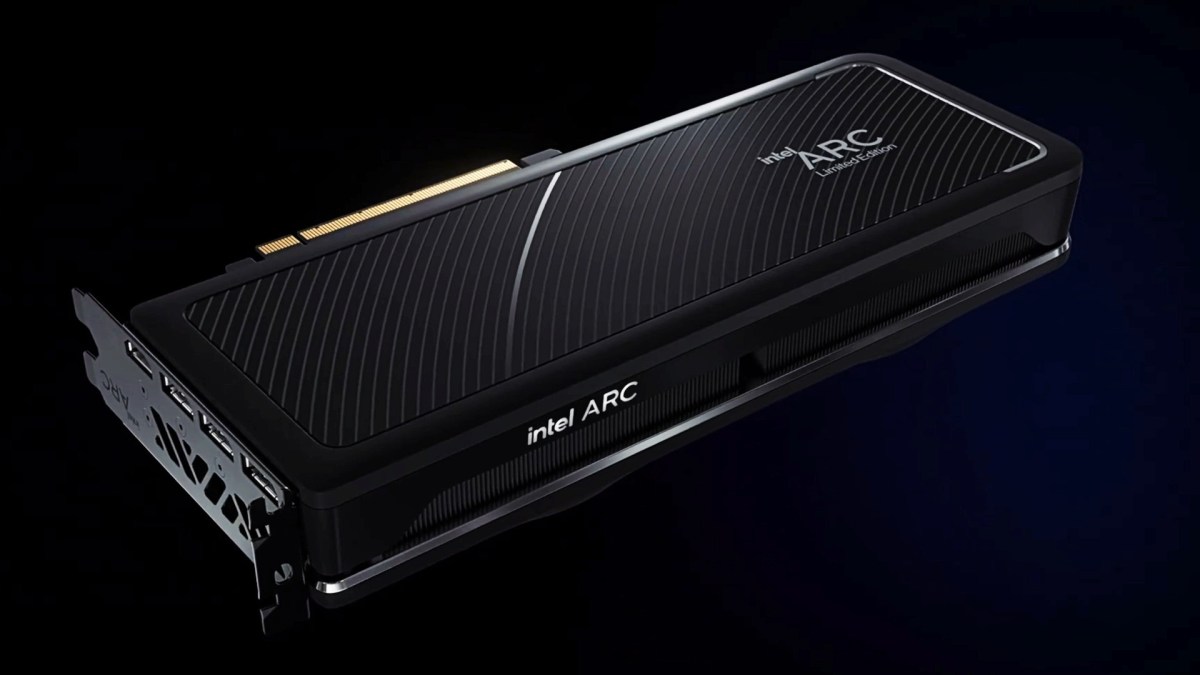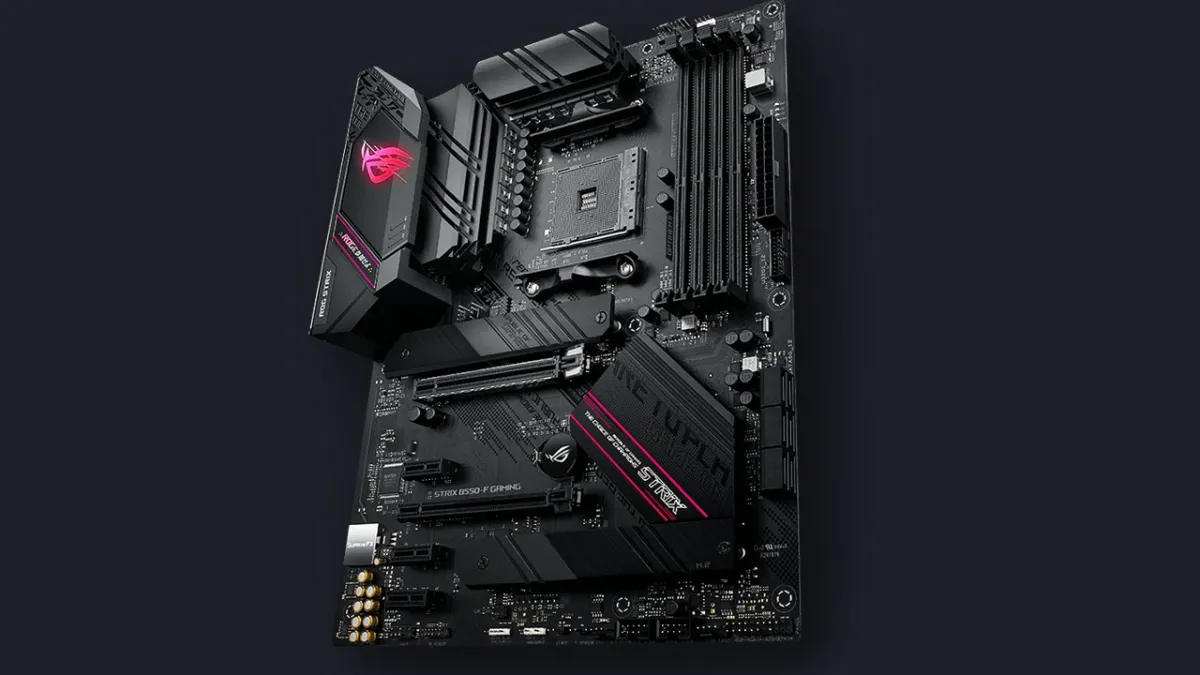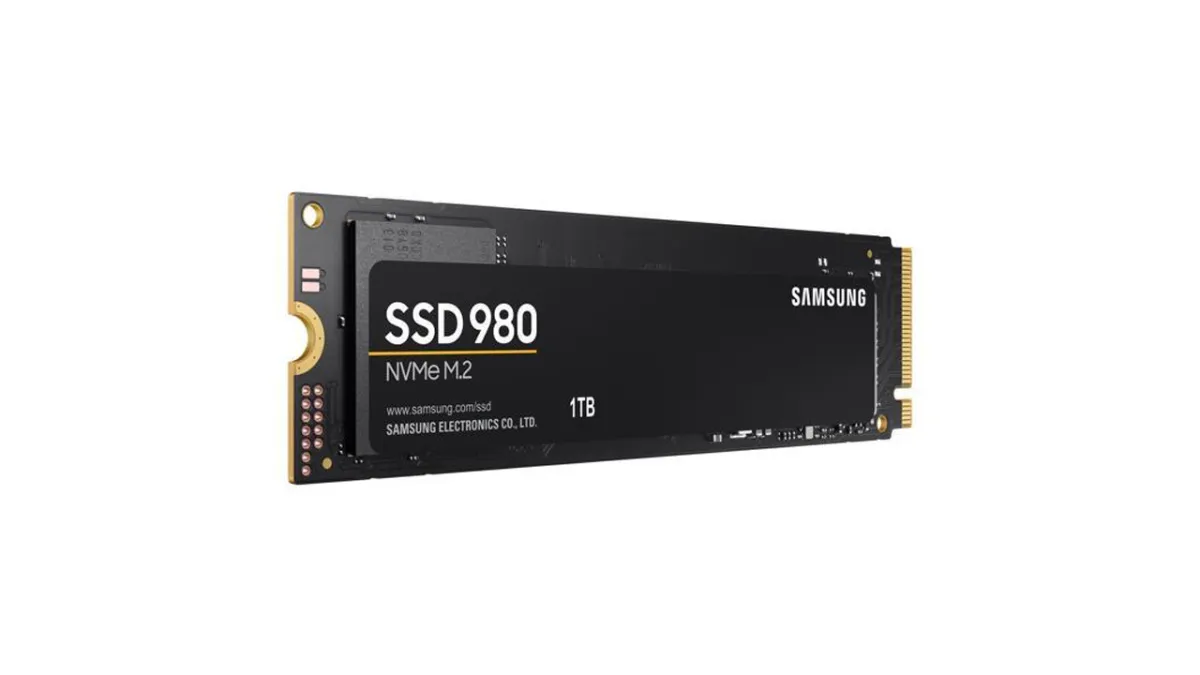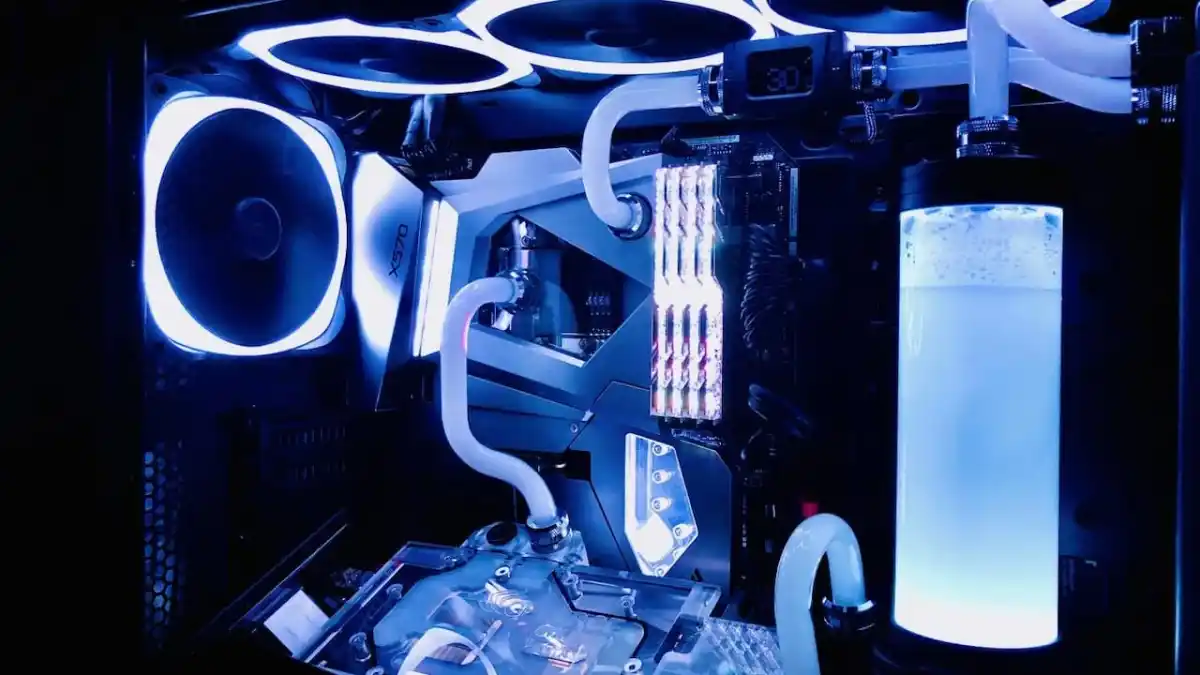Intel has given us some fresh and up-to-date gaming performance benchmarks for the Arc A750 graphics card. A video detailing these benchmarks, as well as a blog post, came out earlier today and goes into a fair amount of detail. According to Intel, the Arc A750 is about the same as Nvidia’s RTX 3060, and in some cases, it’s better.
This demo is much more thorough than the previous showing in July. It’s also a reassuring sign for Intel’s first foray into the market of graphics cards, but the state of Intel’s drivers remain a point of concern.
It’s important to note that the RTX 3060 is a mid-range card at the moment, so the Arc A750 is by no means a high-spec contender. In fact, it’s clear that Intel still has a way to go to compete with Nvidia and AMD given that Arc GPUs are based on a more advanced silicon node than the competition. There are also major concerns in regards to how Arc GPUs will handle older games based on DirectX APIs like DirectX 11. Intel’s current focus is on DirectX 12, but plenty of today’s popular games only utilize DirectX 11.
Solid 1440p performance with the Arc A750
The Intel benchmarks show some promise for the Arc A750’s gaming performance. To test out the Arc A750, Intel had two builds prepared for two game sets. The first set featured builds with a Corsair 4TB NVMe SSD, and an Asus ROG Maximus Z690 Hero with a 1601 bios. The second set featured the same motherboard with a 1505 bios, a Samsung 870 EVO 500GB SSD, and a Western Digital 8TB HDD. Each PC had an Intel Core i9-12900K, Corsair Dominator Platinum DDR5-5200 memory, and used Windows 11.
Most titles were tested with DirectX 12 at 1440p on high presets and maintain 60 fps or above. In more than a few titles, performance is even better than the same tests with the RTX 3060. Things look even better on the Vulkan API, with most titles performing near, or above, 120 fps. The Arc A750 also performed very well in 1080p gaming on ultra presets.
What this presentation ultimately shows is that the performance of Intel’s Arc A750 graphics card is strong. At least when compared to a competing mid-range option. As far as performance goes, Intel doesn’t seem to have much to worry about for competing with current generation cards. Although, we expect the RTX 40 Series to change this dynamic quickly if Nvidia launches it in October.
But if we look beyond pure gaming performance, there’s potential for more than a few problems. The main concern at the moment is in regards to wider driver support. Companies typically hand pick performance data prior to release, and driver optimization support is necessary for thousands of games these days. Intel made a good showing with demonstrating plenty of games that run fine on Arc, but questions remain on how older titles and random indie games will perform.









Published: Aug 11, 2022 01:00 pm